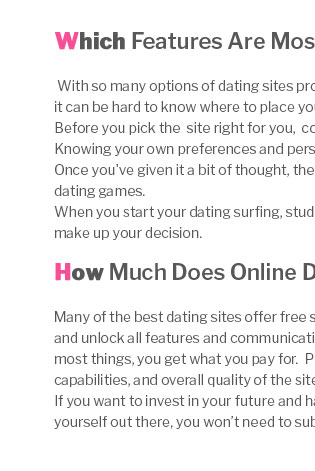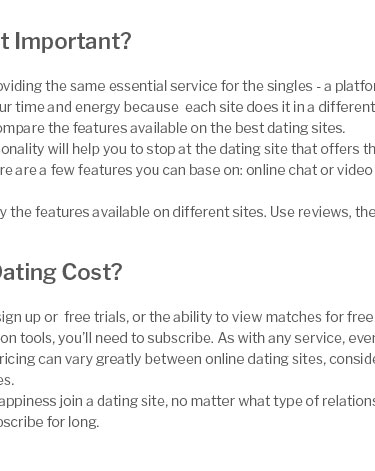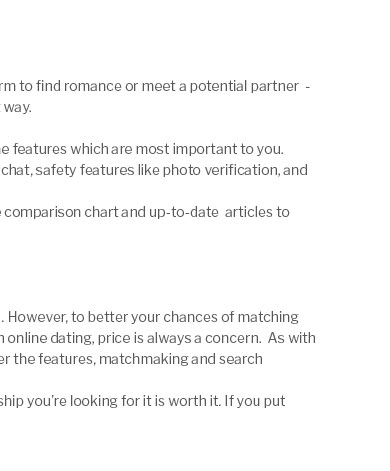married woman looking for girlfriend a thoughtful guideUnderstanding the journeyA married woman looking for girlfriend companionship may be exploring identity, seeking emotional resonance, or opening a relationship with care. Clarity and consent are the foundations that keep this path kind and sustainable. Consent is the compass; honesty is the map. Clarify intentions and boundariesSelf-awareness prompts- What draws you to a girlfriend connection: romance, intimacy, friendship, or exploration?
- What emotional bandwidth do you truly have?
- What boundaries feel essential (communication cadence, intimacy levels, privacy)?
- How would you like this to enrich-not replace-your primary partnership?
Co-create agreements with your spouse- State motivations without blame or pressure.
- Define green-light behaviors and clear no-go zones.
- Set check-in rituals to review feelings and adjust.
- Agree on disclosure norms with any new partner.
- Document the agreement in simple language everyone understands.
Agreements protect people; they are not loopholes. Finding compatible partnersCompatibility grows where clarity meets respect. Profile prompts and direct, kind messages help filter for mutual expectations and values. Where to look- LGBTQ+ social spaces that welcome ethical non-monogamy.
- Communities focused on bi/queer women’s connection and support.
- Platforms that let you specify boundaries and relationship structures; some prefer niche hubs like my hookup place for targeted discovery.
Solo dating vs. couple dating- Solo dating: clean lines, fewer schedules to juggle, clearer intimacy pacing.
- Couple dating: shared experiences, but requires triple-consent and careful balance.
- Never assume “unicorn” expectations-center the new person’s autonomy.
Privacy, discretion, and safetyDiscretion is about rights, reputation, and emotional safety. Choose platforms and practices that minimize risk and maximize respect; curated spaces such as married discreet affairs can help, but your habits matter most. - Use separate contact info and strong authentication.
- Share photos and personal details gradually and purposefully.
- Meet in public places first; tell a trusted friend your plan.
- Pause if pressure or secrecy escalates beyond your comfort.
Your privacy is part of your consent. First contact and conversation tips- Lead with honesty: married, open by agreement, seeking girlfriend connection.
- Name your boundaries and what you can realistically offer emotionally and logistically.
- Invite questions; answer directly.
- Discuss expectations around time, intimacy, and visibility.
- Move at the pace of mutual enthusiasm.
Clear intentions attract compatible people. Emotional care and jealousy- Normalize mixed feelings-curiosity, joy, nerves can all coexist.
- Use compassionate “I” statements during check-ins.
- Address envy with reassurance, quality time, and boundary review.
- Seek queer-affirming or ENM-affirming counseling if feelings get tangled.
Repair fast, repair kindly. Green flags and red flagsGreen flags- Direct talk about needs and boundaries.
- Respect for privacy and pacing.
- Kindness under stress; willingness to revisit agreements.
- Interest in your full humanity, not a role or fantasy.
Red flags- Pressure to hide, rush, or overshare.
- Disrespect toward your spouse or your new partner.
- Inconsistent stories or evasive answers.
- Rigid “unicorn hunting” expectations that erase autonomy.
Frequently Asked QuestionsIs it ethical to date while married if everyone agrees?Yes-ethical non-monogamy relies on informed consent, transparency, and ongoing check-ins from all involved. Without all three, pause and reassess. How do I tell potential partners I am married?State it upfront in your profile or first messages: that you are married, have explicit agreement, and what kind of girlfriend connection you seek. Clarity prevents mismatched expectations. What boundaries are common in these dynamics?Typical boundaries include communication norms, safer-intimacy practices, privacy rules, emotional availability, and visibility preferences. Customize them to your needs and revisit regularly. How can I ensure my girlfriend feels valued, not secondary?Offer consistent care, keep promises, involve her in decisions that affect the connection, and avoid defaulting to couple-centric plans. Ask what feeling valued means to her and act on it. What if jealousy shows up?Treat jealousy as information, not a verdict. Name the feeling, locate the need (reassurance, time, clarity), and adjust agreements together. If stuck, seek ENM-aware support. How do we handle discretion without secrecy that harms trust?Define what is private versus what is hidden. Private protects dignity and safety; hidden erodes trust. Align on what each person may share and with whom, and record your agreement.

|




















